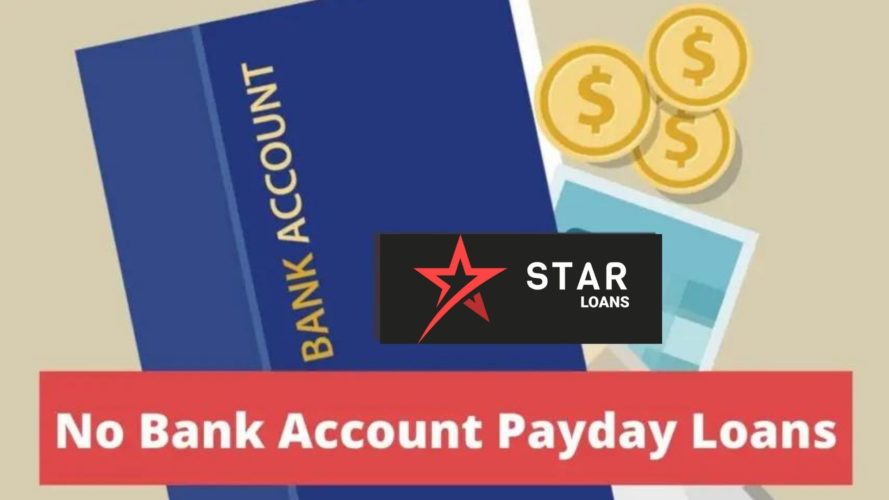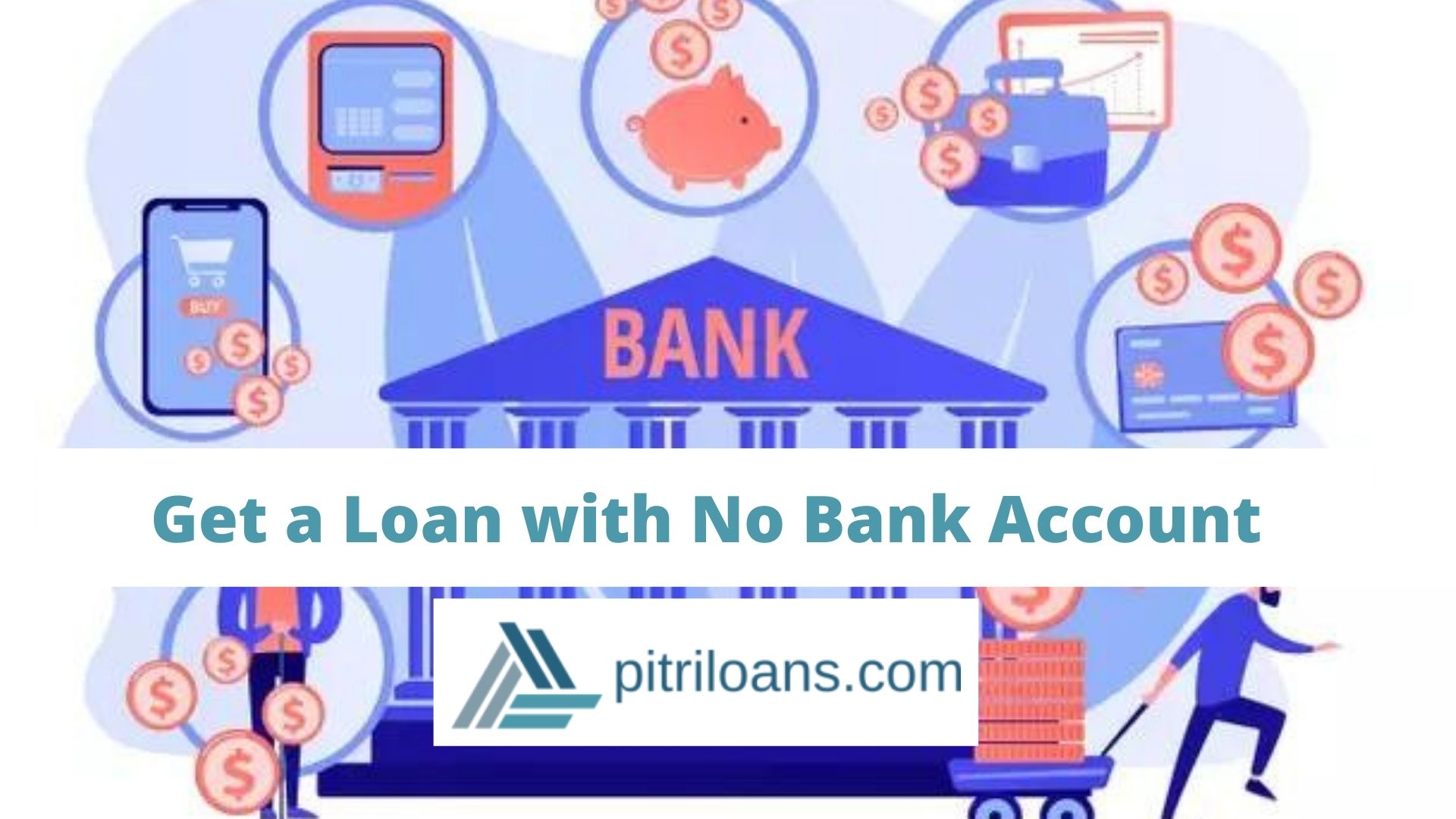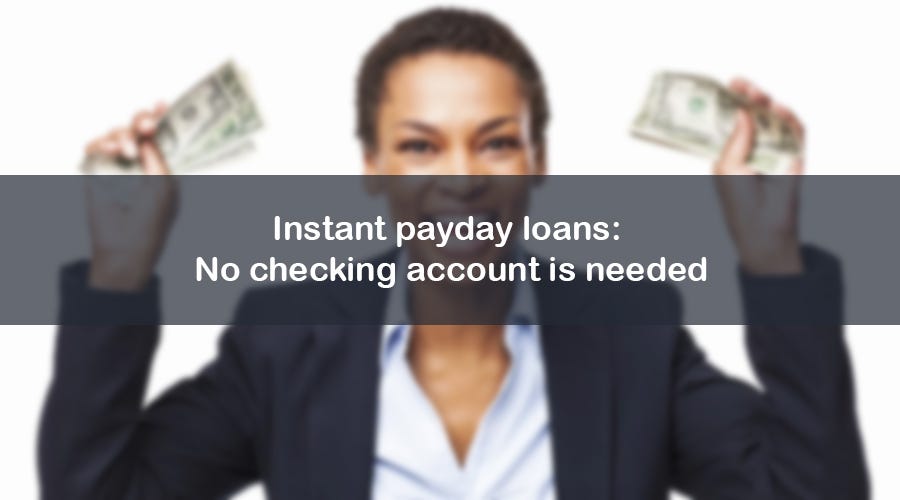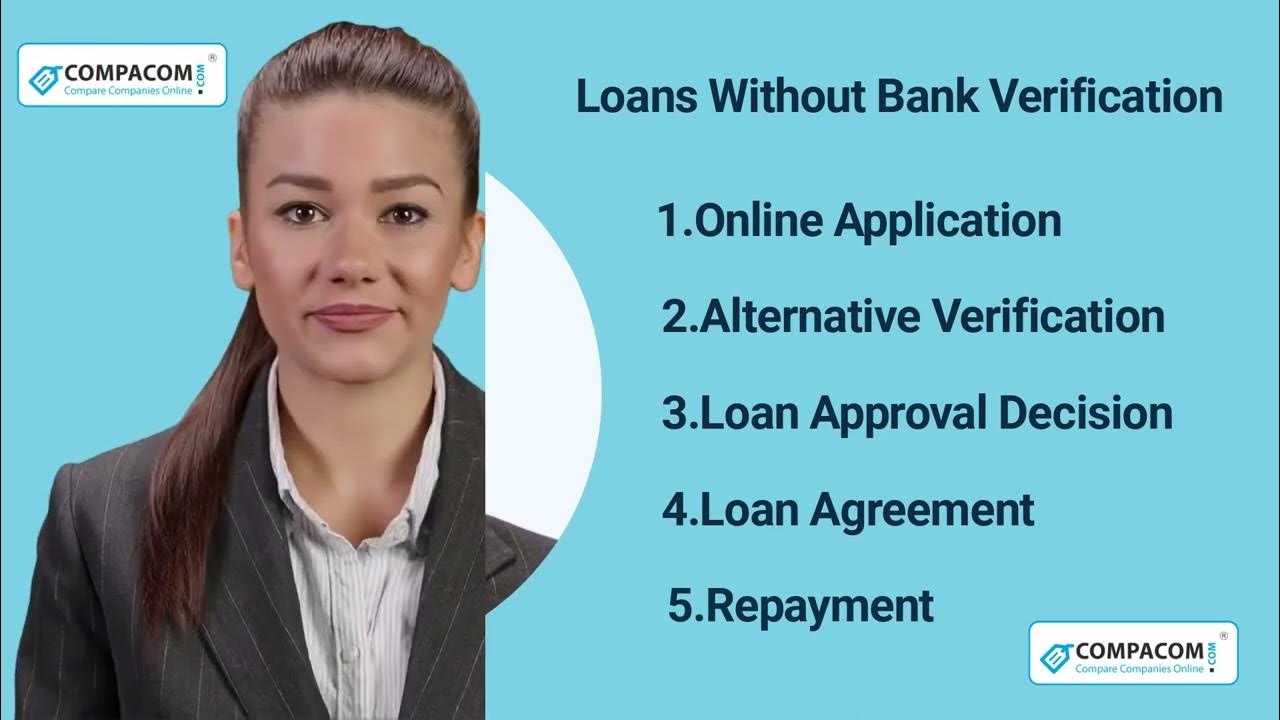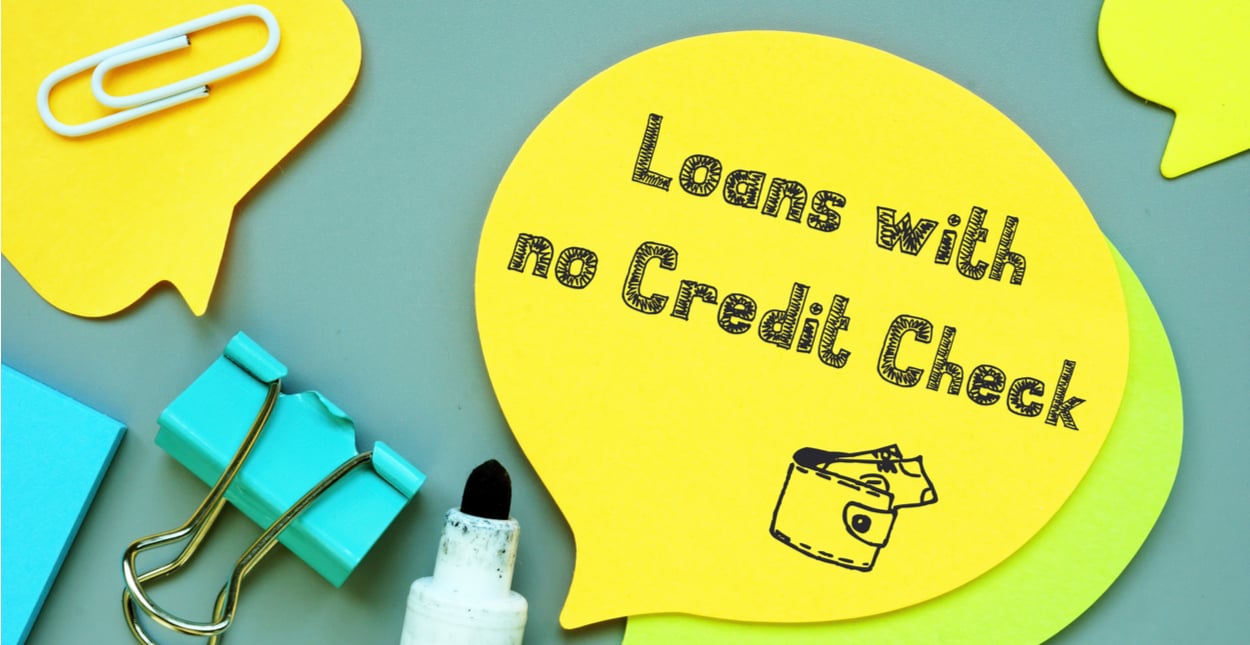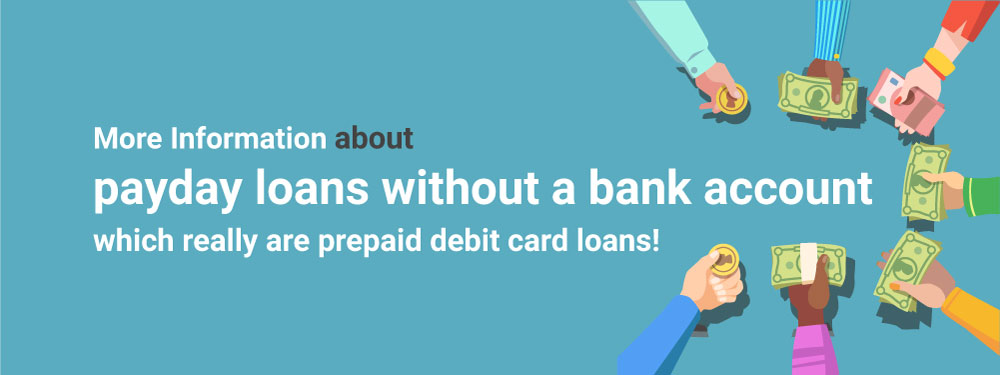Payday Loans With No Bank Account

In the shadows of mainstream finance, a controversial lifeline emerges for the most vulnerable: payday loans requiring no bank account. For millions teetering on the edge of financial ruin, these loans offer immediate cash, bypassing the traditional banking system that often excludes them. But this convenience comes at a steep price, sparking a heated debate about predatory lending practices and the true cost of financial inclusion.
This article delves into the complex world of no-bank-account payday loans, exploring their mechanics, the demographics they serve, and the ethical and economic implications they carry. It examines the arguments for and against these loans, drawing on expert opinions, statistical data, and regulatory perspectives to paint a comprehensive picture of a financial service that is both a blessing and a curse.
The Mechanics of No-Bank-Account Payday Loans
Traditional payday loans typically require borrowers to have a bank account for direct deposit and repayment. No-bank-account loans, however, circumvent this requirement. Instead, borrowers often use alternative methods to access the funds and repay the loan.
These methods include receiving the loan proceeds on a prepaid debit card, through a money transfer service like Western Union or MoneyGram, or even in cash. Repayment is usually made in cash at a physical store location or by purchasing a money order.
Fees and interest rates associated with these loans are significantly higher than those of traditional payday loans, reflecting the increased risk and operational costs for lenders. This heightened cost is a major point of contention for consumer advocates.
Who Uses These Loans and Why?
The primary users of no-bank-account payday loans are individuals who are unbanked or underbanked. The FDIC's 2021 National Survey of Unbanked and Underbanked Households revealed that millions of Americans lack access to traditional banking services. These are the people targeted by these services.
Reasons for being unbanked vary, including lack of funds to maintain an account, distrust of banks, and previous negative experiences with financial institutions. For these individuals, payday loans without a bank account appear as a viable, albeit expensive, short-term solution to urgent financial needs.
Unexpected medical bills, car repairs, or overdue utility bills can push these individuals towards these loans when other options are unavailable. Often, it’s a choice between a damaging option and something that's even more devastating.
The Debate: Predatory Lending or Necessary Service?
Critics of no-bank-account payday loans argue that they are inherently predatory, trapping borrowers in a cycle of debt. The high interest rates and fees make it difficult for borrowers to repay the loan on time, leading to renewals and further accumulation of debt. Consumer Financial Protection Bureau (CFPB) has voiced its concerns in the past.
Data from the Center for Responsible Lending consistently shows that payday loan borrowers are significantly more likely to default on their loans, leading to overdraft fees, collection calls, and damage to their credit scores. They also have higher rates than normal loans.
Proponents, however, argue that these loans provide a necessary service for individuals who have no other access to credit. They contend that the fees reflect the risk lenders take in lending to high-risk borrowers and that these loans offer a lifeline in times of emergency.
Regulatory Landscape and Challenges
The regulation of payday loans, including those without a bank account, varies significantly from state to state. Some states have banned payday lending altogether, while others have implemented interest rate caps and other consumer protections.
The CFPB has attempted to implement federal regulations on payday lending, but these efforts have faced legal challenges and political opposition. The current regulatory landscape is fragmented and complex, making it difficult to effectively protect consumers.
Enforcement is also a challenge. Many payday lenders operate online, making it difficult for state regulators to monitor their activities and ensure compliance with local laws. The Internet has further complicated things.
Alternative Financial Solutions
Given the risks associated with no-bank-account payday loans, exploring alternative financial solutions is crucial. Community development financial institutions (CDFIs) offer small-dollar loans and financial education services to underserved communities.
Credit unions also provide affordable loans and banking services to their members. Some employers offer employee assistance programs that include access to short-term loans or advances on paychecks. These loans are offered with a good rate.
Non-profit organizations, like the United Way, offer emergency assistance programs that can help individuals cover unexpected expenses without resorting to high-cost loans. Government assistance programs are also a good alternative.
The Future of No-Bank-Account Lending
The future of no-bank-account payday lending is uncertain. Increased regulatory scrutiny and the growth of alternative financial solutions could reduce demand for these loans.
However, as long as millions of Americans remain unbanked or underbanked, the need for short-term, small-dollar loans will persist. The challenge lies in finding ways to provide these loans in a responsible and affordable manner.
Technological innovations, such as mobile banking and fintech solutions, could also play a role in expanding access to mainstream financial services for underserved populations. The key will be to ensure that these innovations are designed to protect consumers and promote financial inclusion, rather than perpetuating cycles of debt.
Ultimately, addressing the root causes of financial exclusion is the most effective way to reduce reliance on high-cost payday loans. This requires a multifaceted approach that includes promoting financial literacy, expanding access to affordable banking services, and strengthening consumer protections.
